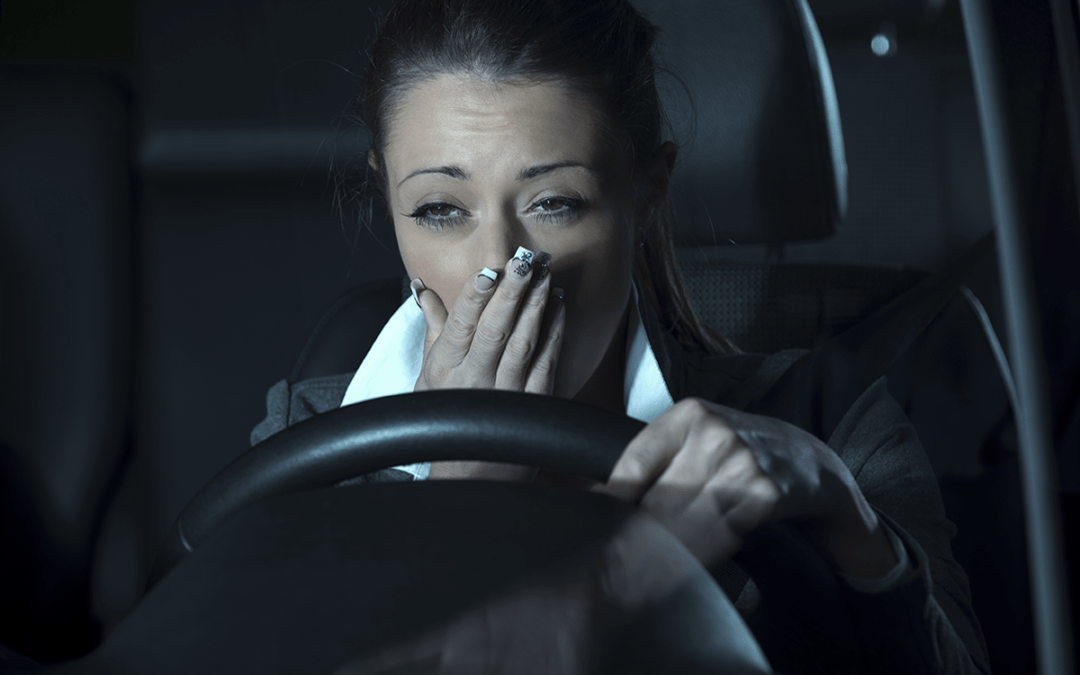The fourth and final blog in our Driving Behavior series is about drowsy driving or fatigued driving. While this dangerous driving behavior is often associated with truck drivers, many individuals are at high risk of drowsy driving. In our blog below, our NOLA car accident attorneys discuss who is at risk for drowsy driving, how you can avoid drowsy driving, and drowsy driving accidents.
Who is at Risk for a Drowsy Driving Accident?
In 2017, approximately 795 individuals were killed in drowsy driving accidents across the nation. Thousands were injured in accidents involving a drowsy driver. Between 2011 and 2015, roughly 4,121 fatal traffic accidents involved drowsy driving. It is also estimated that approximately 90,000 motor vehicle crashes in 2015 involved a drowsy driver.
Are you at risk for a drowsy driving accident?
Anyone who operates a motor vehicle when they are sleepy or fatigued is at risk for a drowsy driving accident. However, some individuals have an increased risk of being involved in a drowsy driving crash because of certain circumstances. Some of the people who may have an increased risk of a fatigued driving accident include:
- Commercial truck drivers, especially drivers who drive at night or exceed the legal limit for driving hours in a certain period.
- Teen drivers can have a higher risk because of inexperience combined with fatigue.
- People with a sleep disorder, such as sleep apnea or insomnia.
- Shift workers, especially those who work a night shift, double shift, and rotating shifts.
- Individuals taking certain types of medication that have drowsiness as a side effect.
If you are at a higher risk, you may want to take extra precautions to decrease the chance you may cause a drowsy driving accident.
How to Avoid a Drowsy Driving Accident?
The best way to avoid causing a car crash when you are drowsy is to let someone else drive. Some of the other precautions you can take to reduce the risk of a drowsy driving accident include:
- Get more sleep! Adults need a minimum of seven hours of sleep each night. As your sleep decreases, your chance of a car accident can increase. If you do not get enough sleep, take a nap before driving.
- Read all medication labels and warnings about side effects that could increase drowsiness
- Avoid driving after working double shifts or extended periods without days off to rest.
- Turn on all crash avoidance systems in your vehicle to alert you if you drift into another lane.
- Take breaks on long trips and share driving responsibilities with another adult.
- Make sure that you treat sleep apnea, insomnia, and other sleep disorders.
- If you feel fatigued or drowsy, get off the road immediately.
- Never rely on the radio, air conditioner, open windows, or caffeine to keep you awake.
- Avoid driving at times that you would normally be asleep.
- Know the signs of drowsiness and fatigue, such as difficulty maintaining speed, yawning frequently, memory lapse, trouble keeping eyes open, missing road signs, and drifting out of the lane.
The National Sleep Foundation has additional information on its website about drowsy driving and how to avoid a car accident.
Get Help From a New Orleans Drowsy Driving Accident Attorney
If you believe a drowsy driver caused your car crash, we can help. Our NOLA car accident attorneys will assist you in filing an insurance claim seeking compensation for your medical bills, lost wages, property damage, pain, suffering, and other damages.
Contact Attorney Fred Olinde of The Olinde Firm by telephone at (504) 587-1440 or 1-800-587-1889 to schedule a free legal consultation with a New Orleans auto accident attorney.

